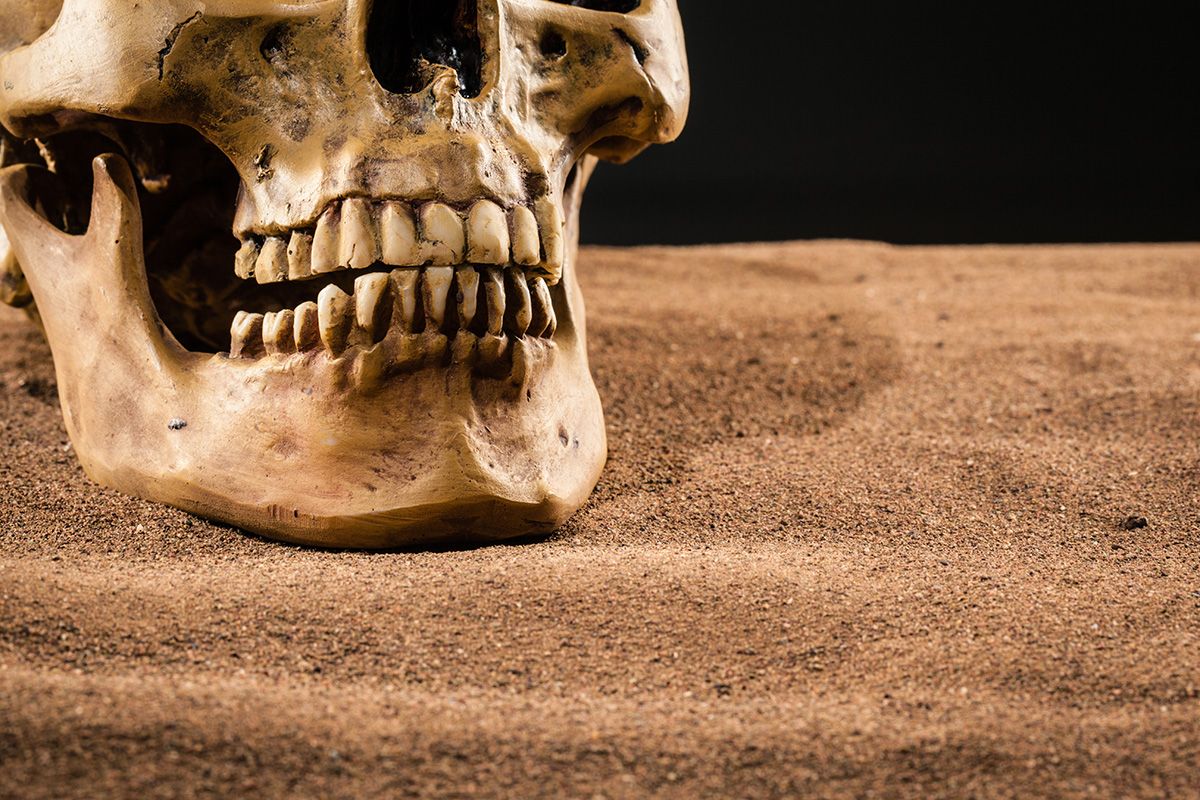New Study Indicates Teeth Can Preserve Antibodies Hundreds of Years Old
Paper published by iScience shows antibodies extracted from 800-year-old medieval human teeth were found to be stable and still able to recognize viral proteins.
New Study Indicates Teeth Can Preserve Antibodies Hundreds of Years Old | Image Credit: © Dario Lo Presti / stock.adobe.com

Researchers in England have determined teeth may be capable of preserving antibodies for hundreds of years, a finding that allows scientists to investigate the history of infectious human diseases.
The study was led by Professor Robert Layfield and research technician Barry Shaw from the School of Life Sciences, University of Nottingham, in collaboration with Professor Anisur Rahman and Dr Thomas McDonnell from the Division of Medicine at University College London. The research expands the study of ancient proteins, referred to as palaeoproteomics, potentially allowing experts to analyze how human antibody responses developed through history.
Antibodies are proteins produced by the immune system as a natural response to infectious organisms like viruses and bacteria. Their purpose is to recognize those microbes so that the immune system can attack them and clear them from the body.
In the new paper, published by iScience , antibodies extracted from 800-year-old medieval human teeth were found to be stable and still able to recognize viral proteins. The paper summarizes that recovering functional proteins from skeletal tissues could uncover a molecular memory related to the life-history of the associated remains.
According to the researchers, palaeoproteomics can reach way back into time with ancient proteins already successfully recovered and identified after preservation in 1.7-million-year-old dental enamel from an ancient rhinoceros and an ostrich eggshell more than 6.5 million years old. The authors also found preliminary evidence that, like the medieval human teeth, mammoth bones nearly 40,000 years old appear to preserve stable antibodies.
This science has previously been applied by the Nottingham team to the analysis of other disease-associated proteins recovered from archaeological human bones and teeth, from Norton Priory in Cheshire, to allow identification of an unusual ancient form of the skeletal disorder Paget’s disease. That study was deemed significant because it indicates that ancient Paget’s disease may have been far more common than the modern disease and developed much earlier in life, according to the University of Nottingham.
In a press release from the University of Nottingham, a founding member of Russell Group of research-intensive universities, Layfield explains: “In discovery science we come to expect the unexpected, but the realization that intact, functional antibodies can be purified from skeletal remains in the archaeological record was quite astonishing. Some ancient proteins were known to be stable, but these tend to be ‘structural’ proteins such as collagens and keratins, that are pretty inert.”
These findings open the possibility of studying how antibodies from ancient specimens might react to diseases that were present long ago.
“Antibodies are different because we are able to test whether they can still do their job of recognizing viruses or bacteria even after hundreds of years. In this case we found that antibodies from medieval teeth were able to recognize Epstein-Barr virus, which causes glandular fever. In the future it could be possible to look at how antibodies from ancient specimens react to diseases present during those periods, such as the Black Death,” Rahman adds in the press release.